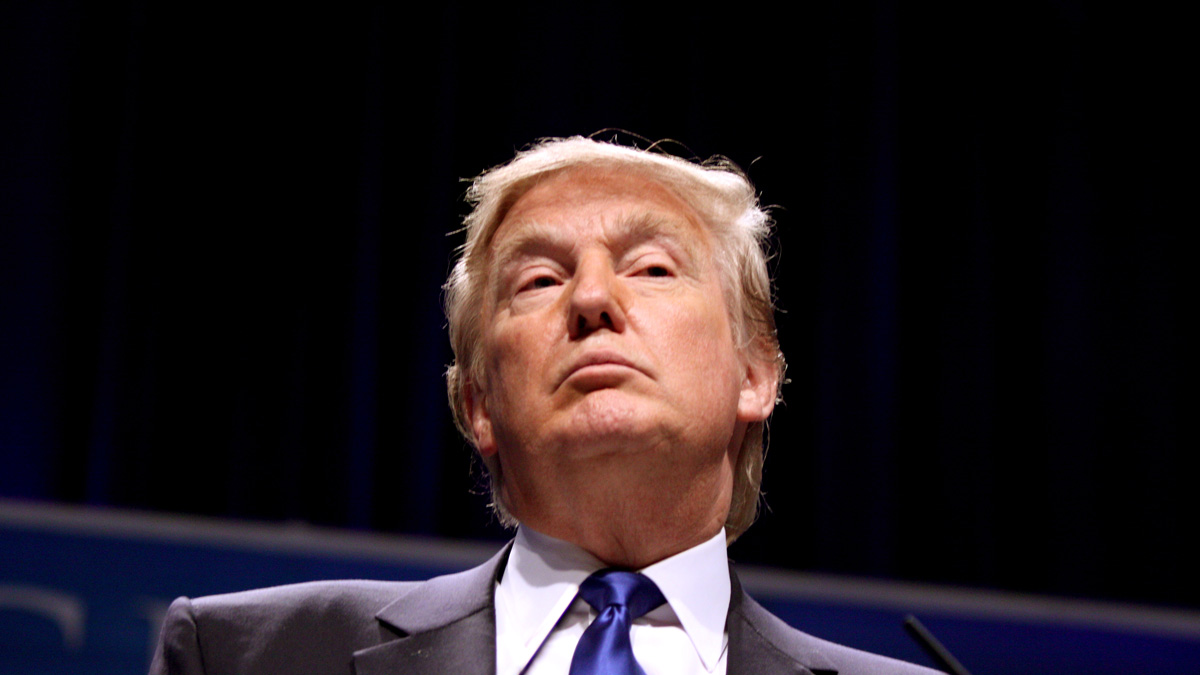 Dan Loran
Dan LoranIn a bold move that could make even a hockey brawl look tame, Alberta Premier Danielle Smith and Ontario Premier Doug Ford are skating onto the international stage with a proposed “Canada-first” trade strategy. Their plan? Abandon Mexico and cozy up to the United States (U.S.) for a one-on-one trade deal. But while the premiers dream of high-fives from Washington, this play could leave North American unity face down on the ice.
Smith and Ford are advocating for a trade strategy in the face of President-elect Donald Trump’s campaign promise of 10 per cent import tariffs. As of November 25, Trump has threatened a 25 per cent tariff for imports from Canada and Mexico. However, questions arise about the wisdom and consequences of this approach. Smith and Ford have criticized Mexico’s manufacturing and trade practices while advocating for bilateral Canada-U.S. trade deals or stricter enforcement of existing trade rules. This raises both strategic and ethical concerns.
On the surface, a Canada-first approach may appear pragmatic. Targeting Mexico as a competitor aligns with U.S. skepticism toward Mexico’s trade practices. It could position Canada as a preferred trading partner. With Canada’s strong energy exports and robust manufacturing sector, a bilateral deal could theoretically secure economic benefits. All the while bypassing the complications of a trilateral renegotiation under the Canada-U.S.-Mexico Agreement (CUSMA), also formerly known as the North American Free Trade Agreement (NAFTA). Moreover, emphasizing Canada’s energy reliability and North Atlantic Treaty Organization (NATO) commitments might appeal to U.S. policymakers eager for dependable allies.
However, this strategy carries significant risks. Undermining Mexico — a fellow North American trade partner — could weaken regional economic unity. CUSMA’s strength lies in its integration of the continent’s economies, enabling each partner to benefit from shared markets. Isolating Mexico could jeopardize these benefits. It gives Mexico reason to retaliate with its own trade restrictions. Or potentially seek closer alliances elsewhere, including with China or the European Union (E.U.).
Additionally, a Canada-first trade strategy risks short-term gains at the expense of long-term relationships. Alienating Mexico could strain diplomatic ties, making future trilateral or multilateral negotiations more contentious. It may also create a perception that Canada is willing to sacrifice broader principles of fairness for self-interest. An image like that could tarnish its global reputation as a reliable partner.
A broader concern lies in the assumption that aligning closely with U.S. interests will always yield favourable outcomes for Canada. While Canada’s energy resources and NATO contributions are valuable, they may not be sufficient to sway an “America-first” administration. Trump’s policies may prioritize domestic gains over regional partnerships, leaving Canada vulnerable to shifting U.S. priorities.
Rather than isolating Mexico, Canada could pursue an alternative strategy: strengthening trilateral co-operation to present a unified North American front. By emphasizing shared economic interests and presenting North America as a collective powerhouse, Canada might be better positioned to counter U.S. protectionism while preserving regional unity. Collaborative approaches, such as joint infrastructure projects or streamlined trade regulations, could underscore the mutual benefits of maintaining strong trilateral ties.
In this critical moment, Canada must carefully weigh the risks and rewards of a Canada-first trade strategy. While it may offer short-term advantages, its long-term consequences — both economic and diplomatic — demand thorough scrutiny. Prioritizing unity and fairness within North America may ultimately prove a more sustainable path forward.




